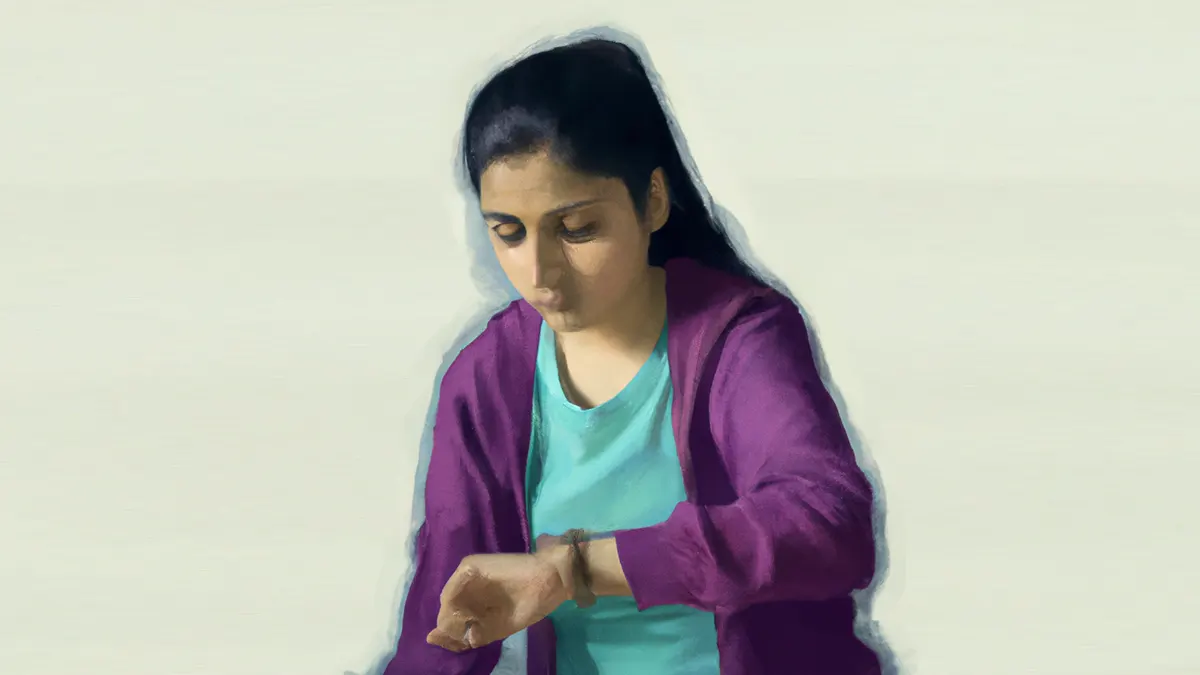- Joined
- Jul 18, 2022
- Messages
- 24
- Reaction score
- 21
- Points
- 86
- Pre-Medical
Advertisement - Members don't see this ad
I am just asking for curiosity's sake, not to change how I am approaching the cycle. Would any admissions committee members care to elaborate on the details of the process of application review? I think we all have a nebulous idea of the mysterious workings, but I am interested in the step-by-step. Here is what I am imagining:
-May 28th, applications start flooding in.
-All apps without bare minimum numbers automatically screened out.
-On "Application review begins" date for given schools, admissions teams start poring through the thousands of apps. Perhaps there is an automatic sorting method to put high stats at the top of the pile, for example.
-Each candidate is discussed by the committee (no idea how many people will have eyes on any individual app) to be pushed forward or tossed.
-Those with qualifying stats, enough ECs, and no red flags are pushed forward.
-Committees still review all apps in descending order of stats, but grab and push forward those that are particularly exciting, based on unique ECs or writing that paints a candidate well.
-Interview --> acceptance.
Is this accurate? Please forgive me and feel free to moderate if this is inappropriate. Thank you!
-May 28th, applications start flooding in.
-All apps without bare minimum numbers automatically screened out.
-On "Application review begins" date for given schools, admissions teams start poring through the thousands of apps. Perhaps there is an automatic sorting method to put high stats at the top of the pile, for example.
-Each candidate is discussed by the committee (no idea how many people will have eyes on any individual app) to be pushed forward or tossed.
-Those with qualifying stats, enough ECs, and no red flags are pushed forward.
-Committees still review all apps in descending order of stats, but grab and push forward those that are particularly exciting, based on unique ECs or writing that paints a candidate well.
-Interview --> acceptance.
Is this accurate? Please forgive me and feel free to moderate if this is inappropriate. Thank you!







